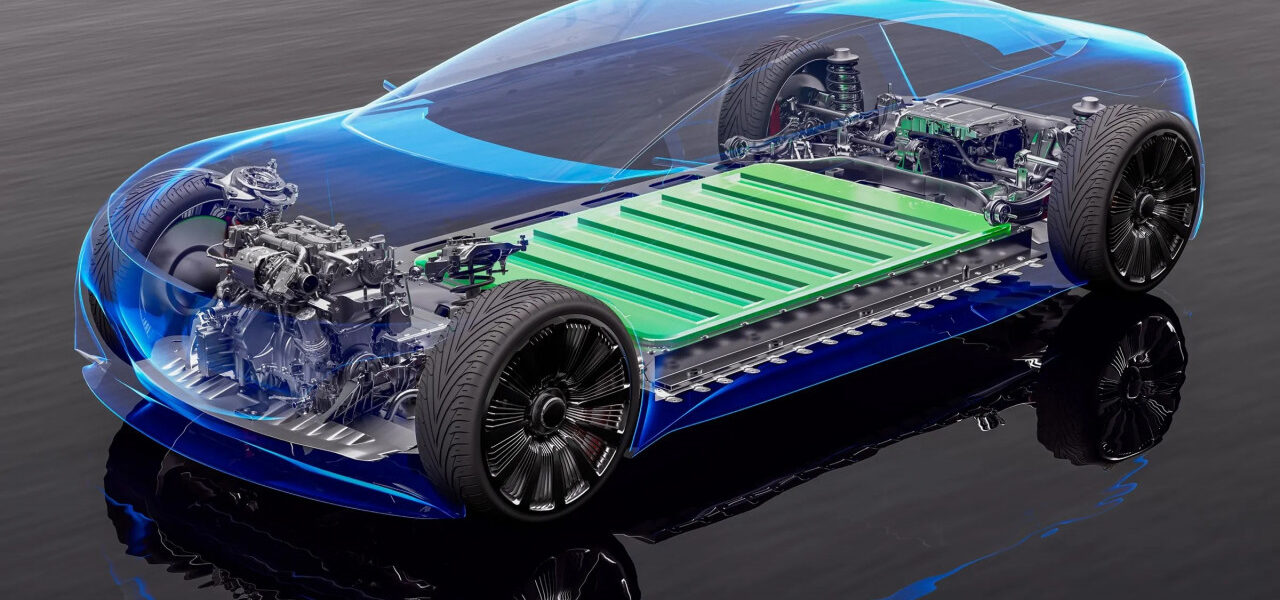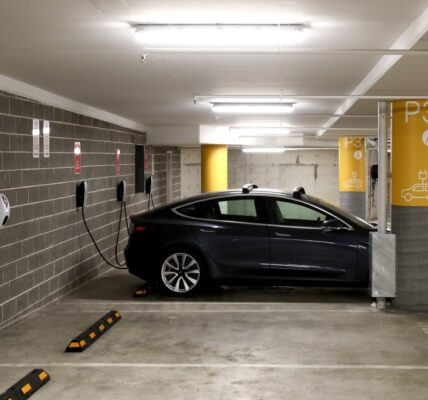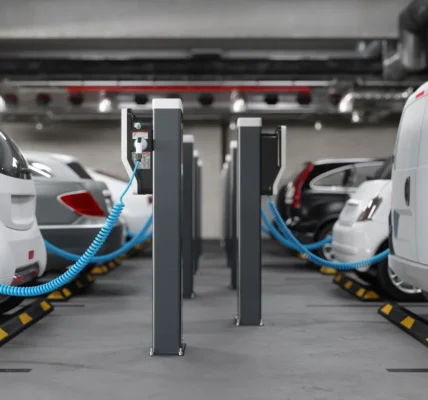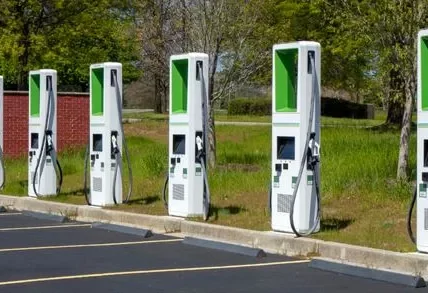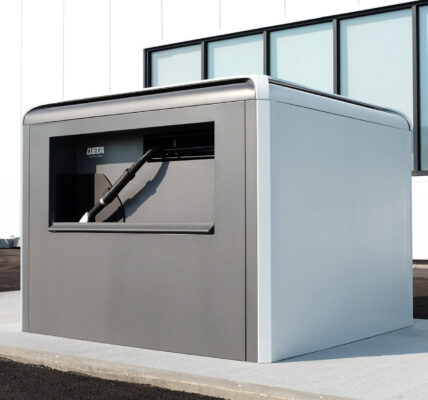The U.S. Department of Energy (DoE) has announced more than $131 million for projects to advance research and development (R&D) in EV batteries and charging systems, also funding a consortium to address critical priorities for the next phase of widescale EV commercialization.
The funding will enable the EV ecosystem to reduce technology costs, enhance driving range of battery vehicles, and build a secure and sustainable domestic battery supply chain in the country, according to the department.
The advanced battery consortium will work towards developing advanced technologies that will decarbonize transportation and support R&D that is responsive to the needs of EV manufacturers and battery suppliers, thereby engaging with key stakeholders, including universities, national laboratories, and manufacturers that supply critical materials and components to the battery industry.
“The Biden-Harris Administration is helping drive forward the innovation and research needed to provide clean, cheap and accessible transportation solutions for all Americans,” said U.S. Deputy Secretary of Energy David M. Turk. “The investments announced today will supercharge the development of a convenient and reliable EV network, and expand the domestic battery supply chain—securing our nation’s energy independence and spurring economic opportunity”, he added.
Notable, DoE has announced 27 projects to receive $71 million to develop innovative and equitable clean mobility options, alleviating supply chain concerns for EV batteries, and increasing EV drive range. The selected projects aim to achieve the following objectives:
Lower the cost of EV batteries using inexpensive, abundant materials by developing long life-cycle, high-energy density lithium sulfur batteries.
Improve the efficiency and convenience of public transportation by developing and demonstrating system-level approaches to equitable mobility access.
Advance on-board EV charging systems through the research and demonstration of innovative EV charging systems, including bi-directional charging.
Increase EV drive range by developing sustainable lightweight materials, including door panels and EV battery enclosuresMoreover, Michigan-based United States Advanced Battery Consortium LLC (USABC) is set to receive $60 million for pre-competitive, vehicle-related advanced battery R&D to address critical priorities for the next phase of widescale EV commercialization.
The consortium will focus on R&D for EV batteries with enhanced performance using sustainable battery materials, and support cost-efficient recycling processes at the end of their life cycles.


